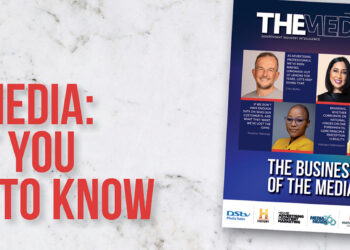While the Democratic Alliance fights to catch up to the African National Congress’s overall leadership in municipal elections, it has comfortably maintained its lead in the online world.
An in-depth analysis of the Internet strategy of the main political parties was done by World Wide Worx, which used its Webagility system to evaluate and benchmark online action in South Africa’s 2011 municipal elections.
“The DA site stands apart from the rest in usability, substance of content and use of social media,” says Steven Ambrose, managing director of Strategy Worx, which conducts the Webagility analyses on behalf of World Wide Worx. Ambrose heads up the Webagility team of analysts.
“However, their overall rating has dropped slightly from 2009, suggesting they have not yet fully integrated the innovations that have emerged since then in Web design. While they are more active than ever before in social media, they haven’t quite kept pace with the rapid evolution of this arena.”
While the ANC improved its online presence significantly, it still comes a distant second. The Congress of the People now lags far behind both front-runners.
“The ANC still does not have a clear understanding of how to engage an online audience,” says Ambrose. “As for COPE, their online presence is damaging to the party’s image, revealing that they have little understanding of the online space at all.
The Webagility system breaks the analysis down into several modules, including usability, social media, and content strategy. Each module contains up to 30 micro-elements, which are each assigned a score, providing a detailed measure of overall effectiveness of online presence.
Benchmarked against global best practise, the DA earns an overall 65% rating for its website, a score described in the Webagility system as “Fair”. The ANC scores 55%, or “adequate”, while COPE comes in at 42%, or “Workable, with potential for embarrassment”.
The sites were analysed according to three Webagility modules, namely Aesthetics & Usability; Substance & Content; and Social Media. In all three, they lagged far behind the international benchmark site included in the survey, the Democratic Party in the United States, which scored an overall 72%.














